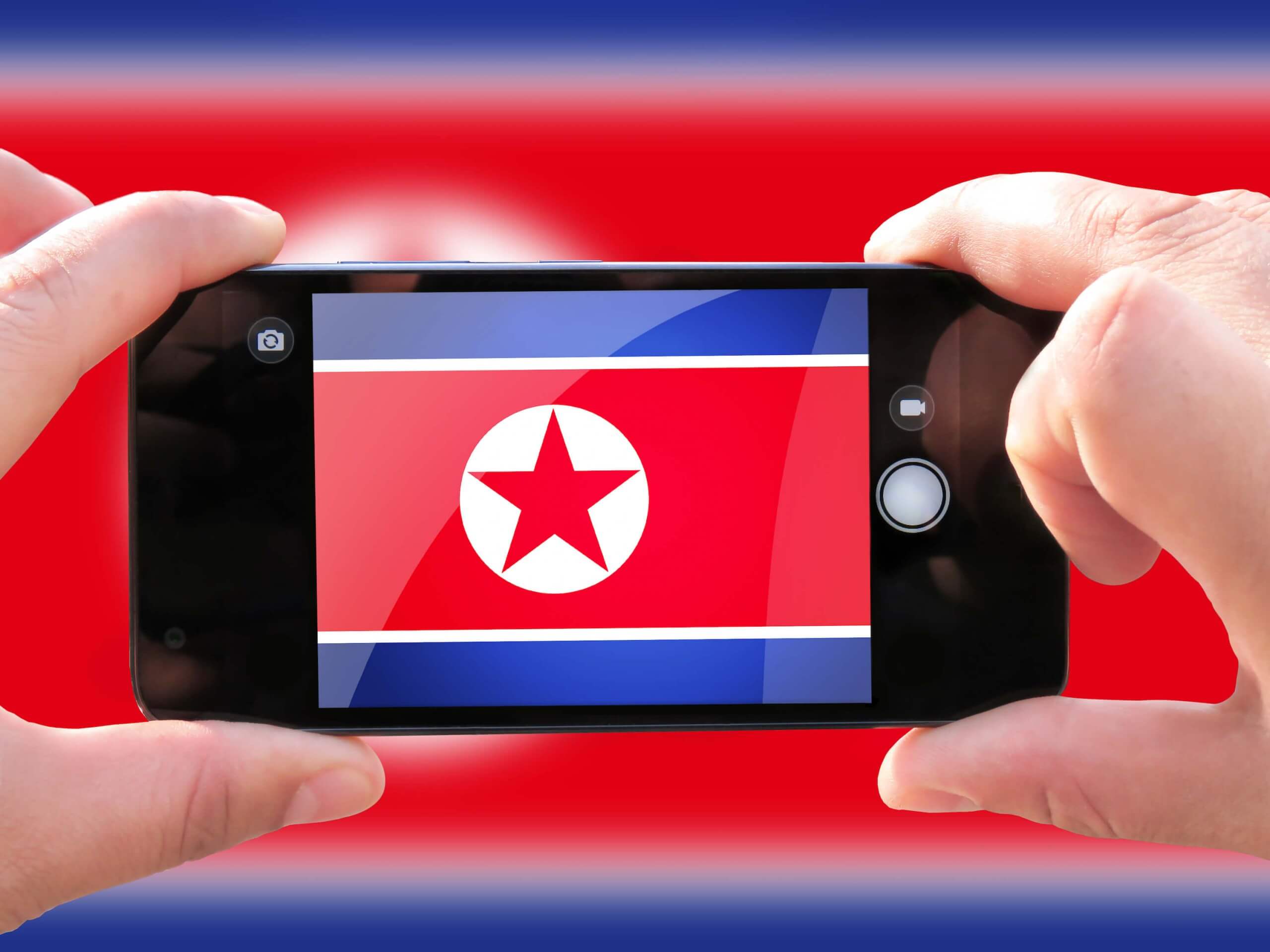Bottom line: Huawei's efforts to regain the trust of the United States government has suffered another setback. According to leaked documents obtained by The Washington Post, the Chinese phone maker had a hand in developing North Korea's spy-friendly 3G network.
The documents claim that Huawei teamed up with Chinese state-run Panda International Information Technology for several telecommunications projects in North Korea for over eight years. The projects include the country's 3G network, which is allegedly monitored by the government for dissidents. Through Panda, Huawei was able to secretly send the hermit kingdom networking equipment.
The leaked documents contain work orders, contracts, and detailed spreadsheets obtained from a database and confirmed by an anonymous former Huawei employee. Two other sources provided corroborating documentation to the Washington Post on conditions of anonymity.
The company has already been in hot water with the US over security concerns and for violating sanctions against Iran. If the allegations are proven reliable, Huawei could face more trouble. Since the company uses some US technology in its components, providing them to North Korea violates sanctions and export controls against the dictatorship over its nuclear weapons program and human rights violations.
The US Commerce Department has been investigating Huawei for links to the regime since 2016 with no concrete results. That investigation remains open. The hardware giant denies any wrongdoing.
"Huawei is fully committed to comply [sic] with all applicable laws and regulations in the countries and regions where we operate, including all export control and sanction laws and regulations [of the UN, US, and EU]," said company spokesperson Joe Kelly, adding that it "has no business presence" in North Korea.
However, Kelly declined to answer more pointed questions about the affair, including "whether Huawei had conducted business there in the past, either directly or indirectly." He also would not confirm or deny the authenticity of the leaked documents.
A spokesperson from Panda International declined to comment.
